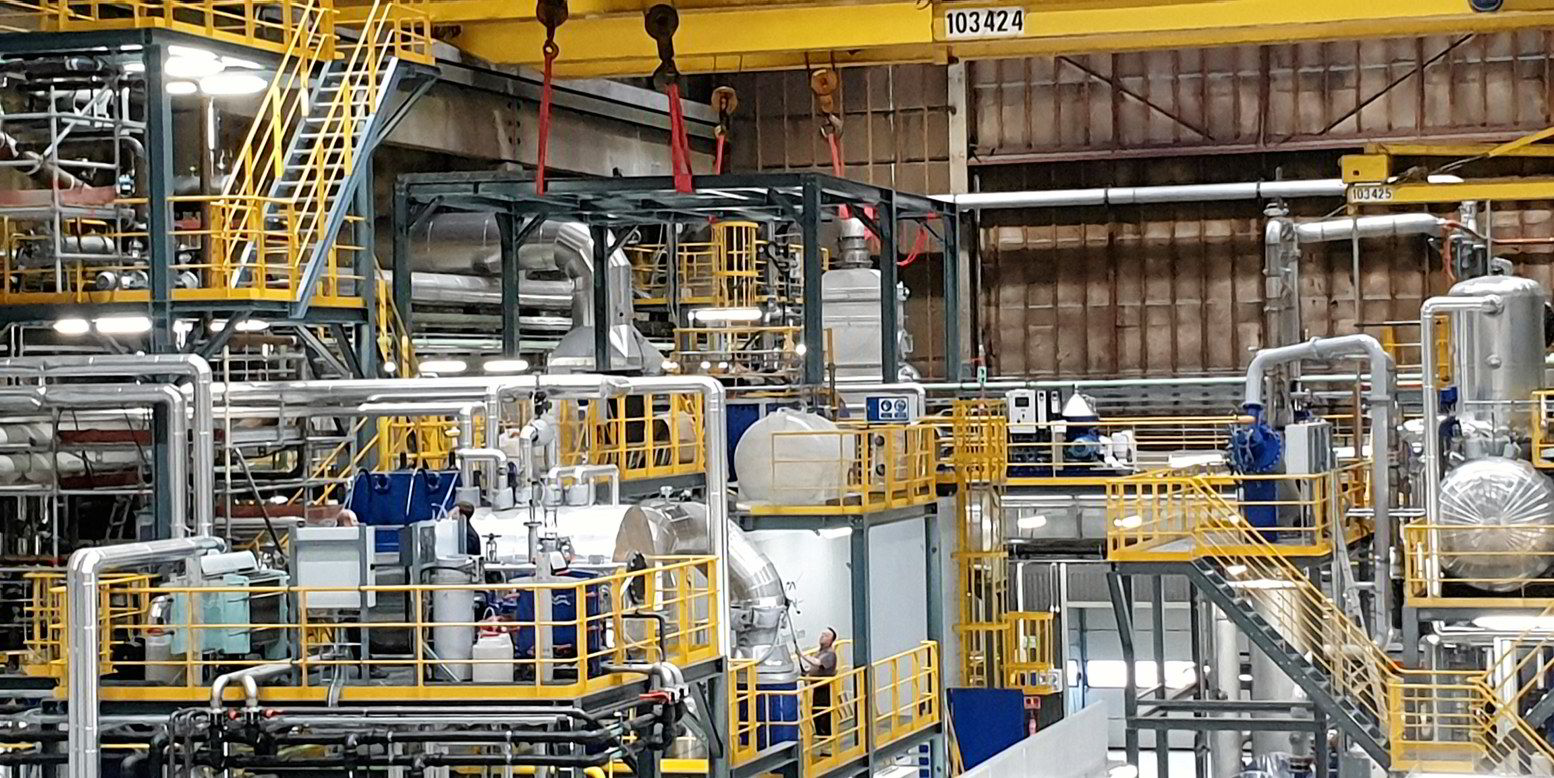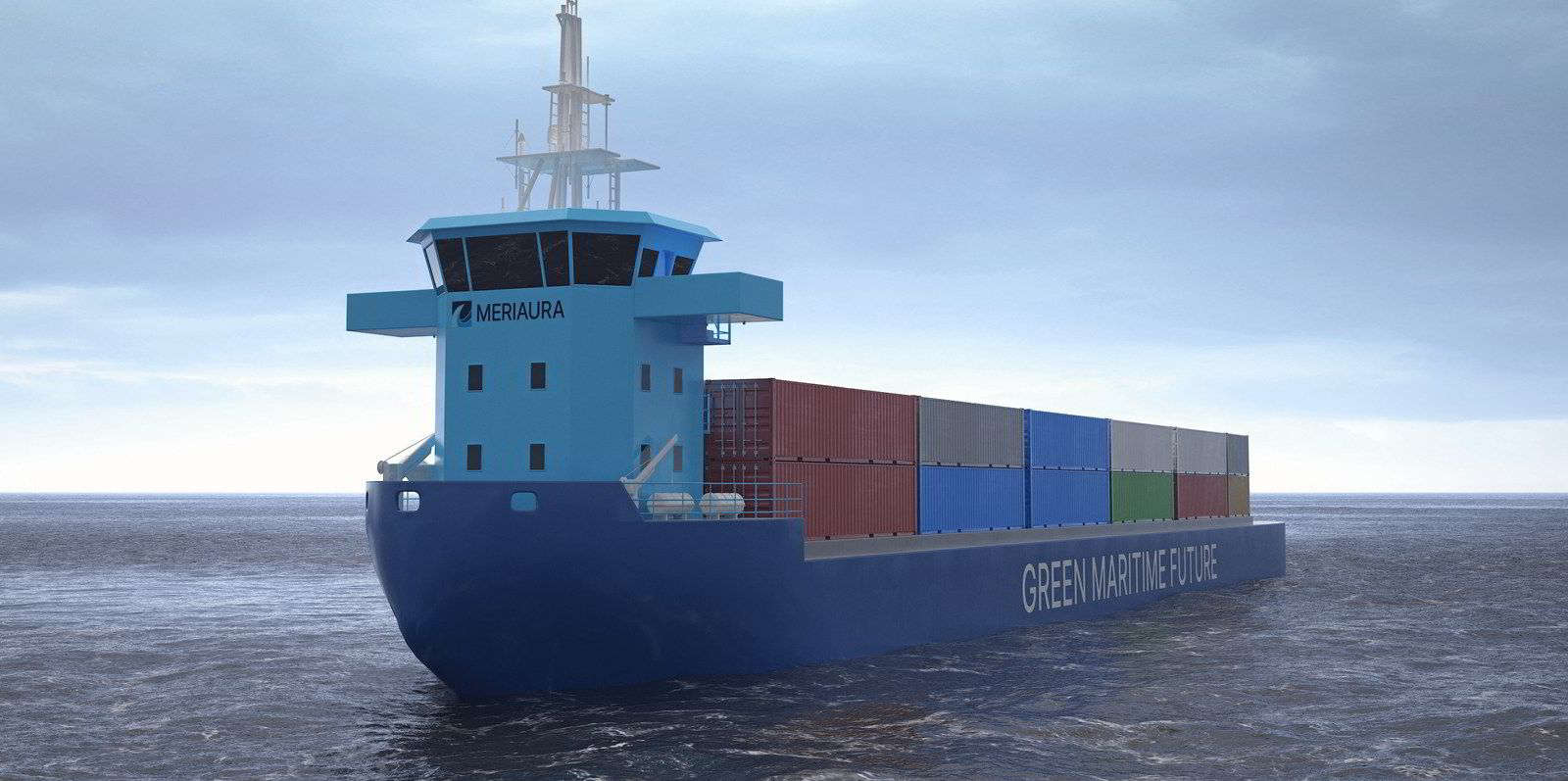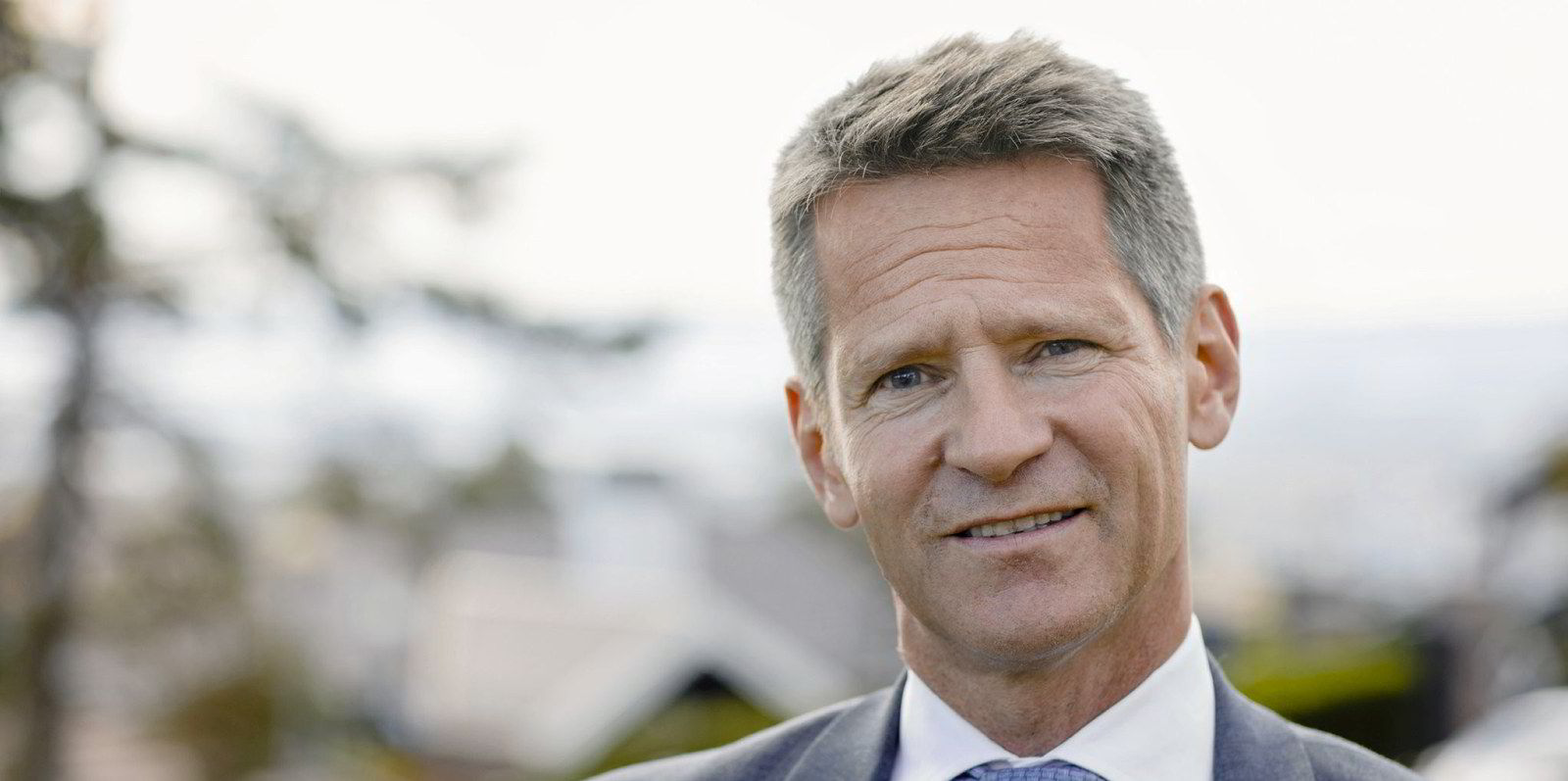Stolt Tankers has launched a test run of biofuel aboard one of its vessels as part of the chemical tanker major’s efforts in reducing greenhouse gas emissions.
On 1 April, the 37,200-dwt Stolt Inspiration (built 1997) received fuel derived from feedstocks like used cooking oil, tallow and waste animal fats in Rotterdam.
The 180 tonnes of biofuel supplied by GoodFuels was not mixed with either marine gasoil or very low sulphur fuel oil.
Stolt Tankers, part of Oslo-listed Stolt-Nielsen, said it would evaluate how the use of biofuel would affect engines and boilers in terms of power, reliability and fuel consumption.
“I am excited to see the results of the trial,” Stolt Tankers president Lucas Vos said. “This is just one of the areas that we are exploring as the industry moves towards a carbon-neutral future.”
The International Maritime Organization has aimed to chop in half GHG emissions from international shipping by 2050. The fuel supplied to Stolt Tankers claims to have the potential to cut carbon emissions by 80% to 90% compared with oil-based bunkers on a well-to-wake basis.
“We are committed to working with other leaders to explore innovative technologies including biofuels, hydrogen, wind, ammonia and methanol, to reduce our environmental footprint, while continuing to provide customers with the high quality service they expect from us,” Vos added.
GoodFuels has carried out similar test runs with tanker owners such as Stena Bulk and Eastern Pacific Shipping.
“We believe passionately in the tanker segment’s sustainability vision, and we’re proving that advanced biofuels can have an immediate impact in reducing emissions,” the Dutch fuel producer’s chief commercial officer Isabel Welten said.
“By supplying a credible low-carbon alternative to Stolt Tankers, together we’re marking another vital step towards advancing the uptake of marine biofuels while also supporting the wider maritime industry in meeting its decarbonisation goals.”
Some experts believe biofuels will have an important role to play in decarbonising the industry, as biofuel bunkers do not require shipowners to modify vessel engines and bunkering infrastructure.
The use of biofuels is generally considered a carbon-neutral process, as the organic matter used to produce biofuels roughly absorbs as much CO2 as it releases when burned.
Waste-based biofuels are generally preferred as there have been worries that biofuels produced from crops would lead to higher food prices. But their prices are expected to remain high due to limited supply.







